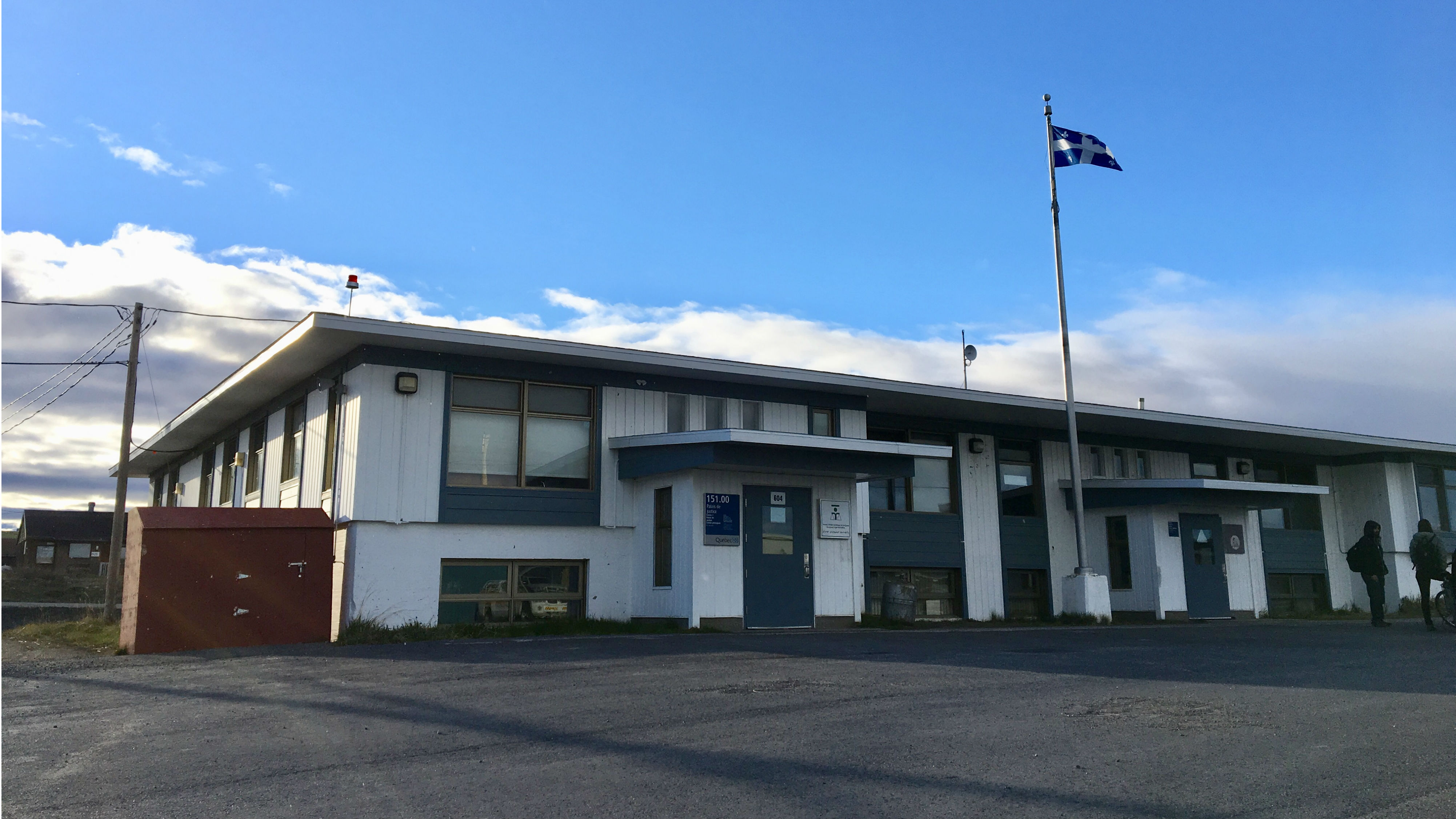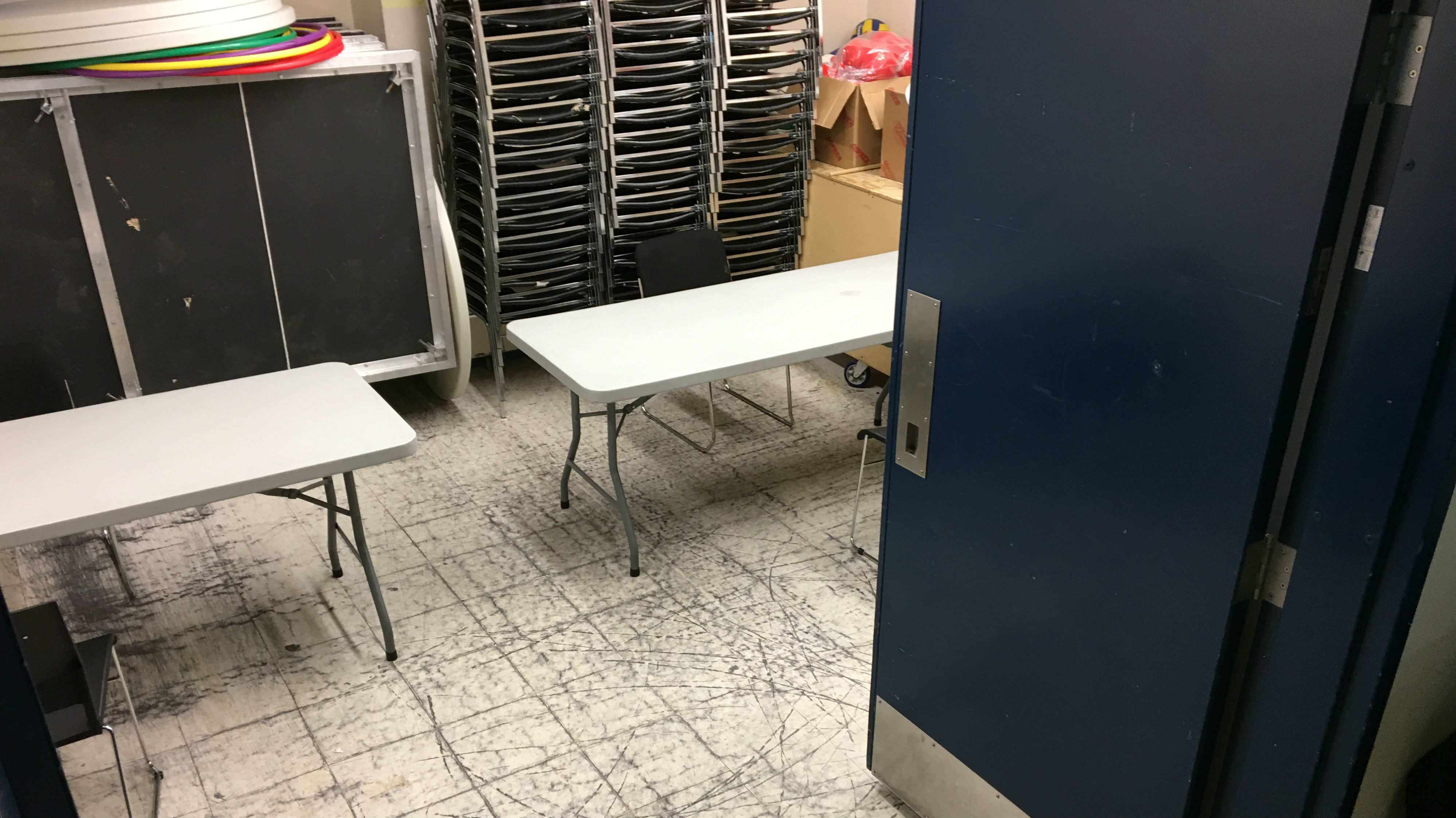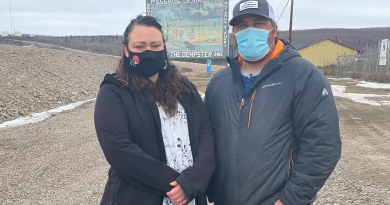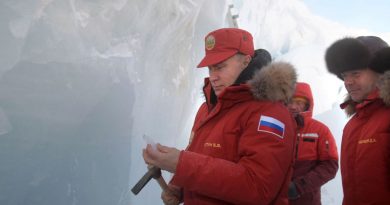Nunavik justice issues “extremely important” to tackle, says Quebec government

Tackling longstanding issues in the Nunavik justice system are “extremely important” and are being actively worked on by the government, said the Quebec Justice Ministry on Thursday.
The Ministry’s comments came the day after Makivik Corporation, the organization that represents Inuit in Nunavik, the Inuit region of Arctic Quebec, said the justice and policing system needed a complete overhaul.
Nunavik has a population of approximately 13,000 people. There are 14 communities in the region and are fly-in only. There are no resident judges and the region is served by an itinerant court flown up from southern Quebec several times a year.
In his comments Wednesday, Makivik Corporation President Charlie Watt said that despite numerous reports over the last 20 years calling for change to how the justice system operates in Nunavik, little had been done, a situation he described as a “ticking catastrophe in modern times.”
- Aqqusiurniq Sivunitsasiaguniqsamut (1993) Inuit Justice Task Force final report
- Parnasimautik Consultation Report (2014) prepared by Quebec’s major Inuit organizations
- Quebec Bar Association report (2015), called out ways the justice system was failing Inuit in Nunavik
- Special Report by the Quebec Ombudsman (2016), examined inadequate detention conditions, administration of justice and crime prevention in Nunavik
- Viens Commission Report (2019), examined the relationship between Indigenous peoples and Quebec’s public services. Many Inuit testified for the commission on a range of challenges in navigating the Quebec justice system
Inuit leader says systematic racism “alive and well in Nunavik”
Watt also said the worldwide protests sparked by the death of George Floyd, an unarmed Black man in the United States, after a police officer kneeled on his neck, had put the spotlight on the cost of not addressing justice reform.
“The protests taking place around the world highlighting systemic racism inside the justice systems is alive and well in Nunavik and it sickens me,” Watt said in his statement Wednesday.

In emailed comment to Eye on the Arctic on Thursday, a spokesperson for Quebec’s Justice Ministry said the government was working on several fronts to address points raised by Watts and other Indigenous Quebecers.
“These are extremely important issues,” the Ministry said in a French-language statement.
“The Viens Commission had the mandate to investigate relations between Indigenous peoples and certain public services in Quebec and recommendations were made. We’re working with other government departments and representatives from First Nations and Inuit communities to prioritize calls to action and determine the best way to respond to them.”
Working group put in place
On Monday, Quebec Premier Francois Legault announced an action group to examine solutions to racism and racial profiling in public services after facing backlash for saying at a press conference that systematic racism was not a feature of Quebec. Indigenous groups, among others, will be consulted as part of their work, the government said.
The Ministry said on Thursday that the North would have a strong voice during the process and that the MLA that represents Ungava, the Quebec provincial riding that includes the Arctic, was included in the group.
“We are aware of the difficulties experienced. We should no longer tolerate acts of racism and need to focus on taking action. The Minister responsible for Aboriginal Affairs, Sylvie d’Amours, and her parliamentary assistant, the Deputy of Ungava, Denis Lamothe, sit on the group. This is a clear message from our government that we want to work with communities and include them in our reflections so we can find solutions adapted to their reality.”
On Wednesday, Watt said Makivik would be watching the work of the action group closely, but deemed it already “flawed” because no Inuit are part of the core group.
Write to Eilís Quinn at eilis.quinn(at)cbc.ca
Related stories from around the North:
Canada: Death in the Arctic – A community grieves, a father fights for change, Eye on the Arctic
Finland: Police response times up to an hour slower in Arctic Finland, Yle News
Sweden: Film exploring racism against Sami wins big at Swedish film awards, Radio Sweden
United States: Lack of village police leads to hiring cops with criminal records in Alaska: Anchorage Daily News, Alaska Public Media



